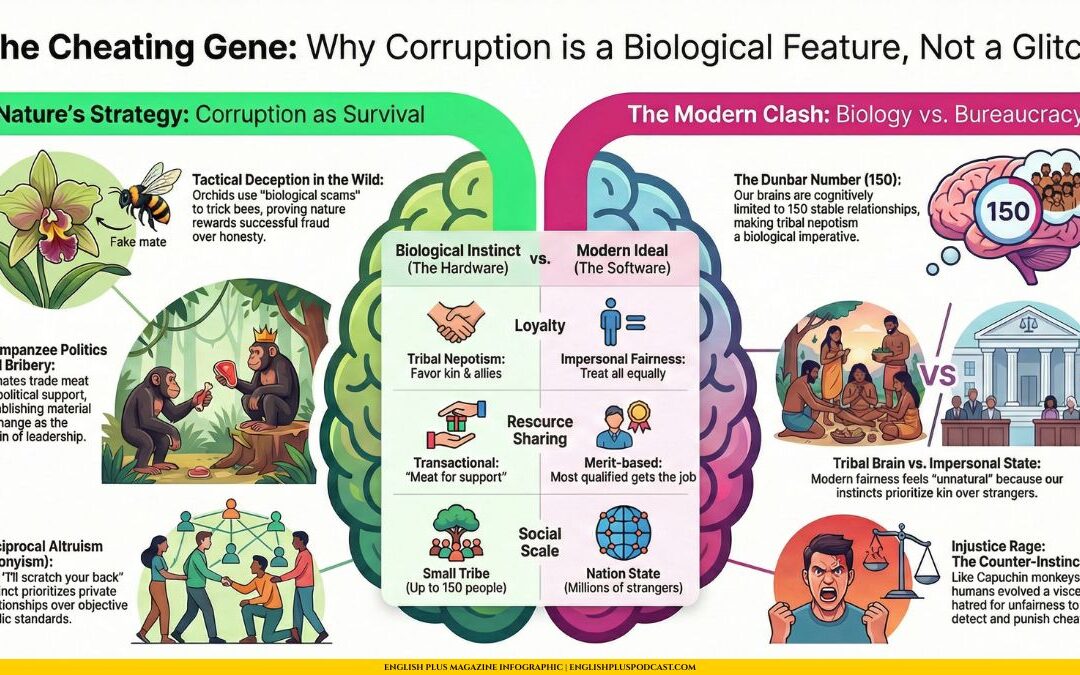The Effectiveness of Year-Round Schooling
Imagine the traditional school year – long, lazy summers and packed months of learning in between. Now, imagine scattering shorter breaks throughout the entire year. Classes might run for six to eight weeks, followed by a few weeks off. This is the concept of year-round schooling, a departure from the ‘rhythm’ most of us grew up with.
Proponents of year-round schooling argue that it has several benefits:
- Tackling the “Summer Slide”: Kids, especially those from disadvantaged backgrounds, tend to lose learning over the long summer break, creating gaps when they return in the fall. Year-round schooling could help curb this academic backsliding.
- Consistency is Key: Shorter breaks might help students stay in the learning mindset; they’re less likely to completely forget concepts before diving back in.
- Flexibility: This format can allow for enrichment programs, remedial support, and even family vacations without disrupting core learning periods.
Sounds impressive, doesn’t it? But there’s another side to the coin:
- Burnout Potential: Students and teachers alike need downtime for proper rest and rejuvenation. Relentless schedules could lead to burnout.
- Family Schedules Upset: Traditional school calendars often align with childcare options and work schedules. Year-round schooling can throw this into disarray.
- The Cost Factor: Operating a school for more days might require additional funding for things like staffing and air conditioning.
Real-World Picture
The debate gets even more complex when we look at the actual results. Research on whether year-round schooling significantly boosts academic achievement is mixed. Some studies show modest gains, others find little or no difference compared to traditional schedules.
The Takeaway
Year-round schooling isn’t a silver bullet for education issues. Like many reforms, it’s a tool; its effectiveness hinges on how it’s implemented. Here’s what matters:
- Targeting Needs: It might be most beneficial in schools with a high percentage of struggling learners who need the consistency to catch up.
- It’s Not Just About Time: Quality of instruction, resources, and addressing root causes of learning gaps remain crucial no matter the calendar.
- Community Input: Year-round schooling can’t happen in a vacuum. Parents, teachers, and the community must be on board for it to succeed.
Let’s Make Change Happen!
The debate over year-round schooling raises valid points on both sides. Ultimately, it forces us to ask: how can we truly ensure all students have access to the support and resources they need to thrive?
- Get involved in local school board discussions. Does year-round schooling make sense for your community?
- Beyond bells and whistles, advocate for policies addressing true barriers to learning – poverty, lack of early childhood education, etc.
Let’s not just rearrange the calendar; let’s transform the whole system to make sure every student has a shot at success.
Why Should You Care?
- Debates that impact your community: Whether or not year-round schooling is implemented in your area, this debate shapes how we think about education reform and resource allocation.
- The power of informed choices: Understanding the pros and cons of year-round schooling empowers you to be a thoughtful participant in decisions affecting children’s education.
- Seeking better solutions: It reminds us that there are no easy fixes. Real educational change requires tackling complex social and economic factors.
Key Takeaways
- Year-round schooling is a tool, not a cure-all: It holds potential but might not be the right fit for every school and community.
- Effectiveness is nuanced: Research is mixed, showing modest benefits at best. It’s essential to look beyond the calendar for deeper solutions.
- It’s not just about the schedule: Factors such as quality teaching, support programs, and addressing students’ diverse needs are crucial for success.
- Community involvement is key: Successful implementation of year-round schooling relies on strong buy-in from teachers, families, and stakeholders.
Keywords
- Year-round schooling: An educational model where breaks are distributed throughout the year rather than one long summer vacation.
- Summer slide: The loss of academic knowledge and skills over summer break, especially pronounced in disadvantaged students.
- Remedial support: Additional instruction targeted at helping struggling students catch up academically.
- Burnout: Mental and physical exhaustion from prolonged stress and lack of rest, a risk for both students and teachers.
- School calendar: The traditional framework of academic terms and breaks, often based on an agricultural past.
- Mixed research: Studies on year-round schooling show inconsistent results, with some finding modest gains, others showing limited impact.
- Root causes: Underlying social and economic factors significantly impacting educational outcomes, like poverty and inequality.
- School board: Elected officials responsible for overseeing local school districts and making policy decisions.
- Stakeholders: All individuals with a vested interest in education, including parents, teachers, students, administrators, and community members.
- Educational reform: Systemic changes aimed at improving teaching practices, curriculum, or school organization to raise student outcomes.
Frequently Asked Questions
- How does year-round schooling affect teachers? It can impact work schedules, salary structures, and potential for burnout.
- What about extracurricular activities and summer jobs? Schools on year-round schedules may need to adjust how these programs operate.
- Can year-round schools offer longer breaks for those who desire them? Some models include options for extended breaks if families opt for that.
Myth Buster
- Myth: Year-round schooling will magically fix all academic problems. Reality: It’s one piece of a larger puzzle. True progress requires investment, quality teaching, and addressing the root causes of learning gaps.
Let’s Talk
- Did you experience year-round schooling or know anyone who did? What was it like?
- Do you believe the benefits of year-round schooling outweigh the potential drawbacks? Why or why not?
- What are some other reforms you think would make a bigger impact on student learning?
Let’s keep the conversation going! Share your thoughts in the comments below.










0 Comments